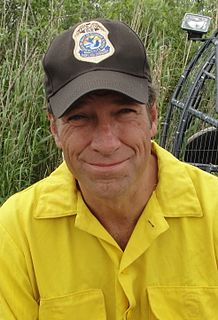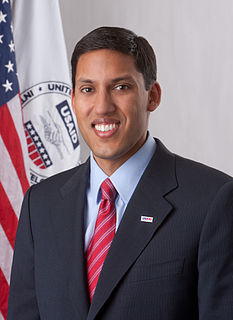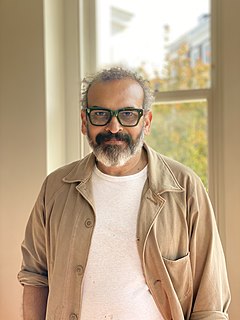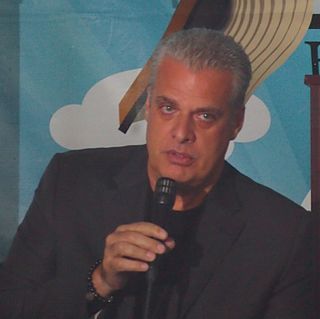A Quote by Daphne Oz
The most imminent battle our generation is going to have to fight is food transparency: how food is made/grown, where it comes from, the quality of the source, and how it will effect our health long term.
Related Quotes
I think America's food culture is embedded in fast-food culture. And the real question that we have is: How are we going to teach slow-food values in a fast-food world? Of course, it's very, very difficult to do, especially when children have grown up eating fast food and the values that go with that.
I think Americas food culture is embedded in fast-food culture. And the real question that we have is: How are we going to teach slow-food values in a fast-food world? Of course, its very, very difficult to do, especially when children have grown up eating fast food and the values that go with that.
Phoenix and Las Vegas have grim long-term prospects. On top of oil-and-gas problems, they will have terrible problems with water and the ability to produce food locally. I suppose it shows how delusional the public is, and how our institutional controls have decayed - for instance, lending standards.
Those of us who think about what we eat, how it's grown, those of us who care about the environmental impact of food - we've been educated by fabulous books, like Fast Food Nation and documentaries like Food Inc. But despite these and other great projects that shine a critical light on the topic, every year the food industry spends literally tens of millions of dollars to shape the public conversation about our food system.
Our relationship with food - how, when, what and why we eat - is a direct expression of our underlying feelings, thoughts and beliefs about ourselves. It has to do with stances we take that get reflected not only in our relationship with food, but in all our relationships. It just so happens that the relationship with food causes enough conflict, grief, shame and hurt that we’re willing to look at it.
Cooking is a holistic process of planning, preparing, dining and sharing food. I place food at the center of our humanity, as it nourishes not only our physical bodies but also our emotional and spiritual lives. Food is truly a cultural phenomenon that informs our traditions and our relationship with the earth. I genuinely believe that food connects us all.


































